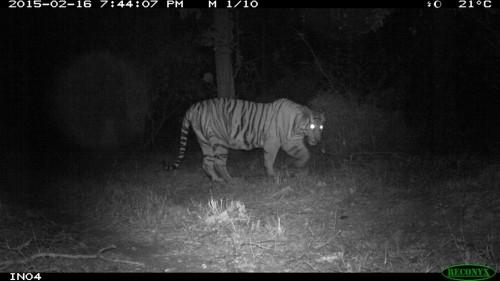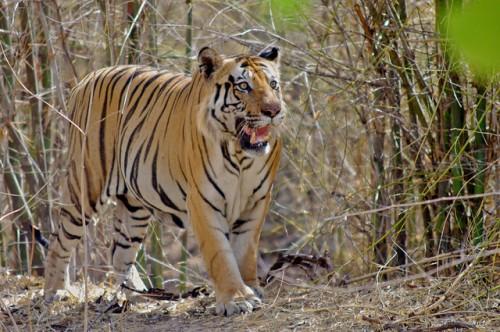A mother’s pull to a crying baby, is so strong, that it does not matter if the baby is its own or even the same species. Researchers have recently found that the distress calls of mammal infants sound very similar to each other and when a mother of any species hears these calls, she will respond no matter if it is a crying deer, bat or a human baby.
Susan Linlge, a biologist at the University of Winnipeg, Canada noticed that infant mammals make similar sounding distress calls that are simple sounds with little varying pitches. To find if specific species respond to their own species cry only, she recorded a number of distress calls made by a variety of different animal babies.
All these infants were either separated from their mothers or in a threatening situation.
Susan and her colleague Tobias Riede then played the recordings through hidden speakers to wild mule deer (Odocoileus hemionus) out on the Canadian prairies. They found that the female deer quickly moved towards the recordings if it was that of an infant deer. Surprisngly, the deer also moved towards the distress call made by a baby fur seal, a dog pup, a kitten and a human baby.
To take the study a step further, the researchers recorded the ultrasonic sounds made by infant bats. They lowered the pitch to make it audible for the deer and found that the deer responded to the baby bat calls too!
In contrast, the deer did not respond to bird songs,or the usual bark of a coyote.
The researcher believes that this experiment proves that infant calls share some common element among a range of species in spite of their having evolved into a totally different species. She adds that the mammal mothers might have evolved to respond quickly to a stress call of a baby rather than carefully, as that could make the difference between life or death of the baby in danger.
“These are calls that are generally made in a life-or-death situation,” she says. “I think the advantage of securing survival for your offspring outweighs the potential for error.”
The research also helps understand that different animals experience the same emotional state in similar situations. It also explains how the basic nature and instincts of all mammals including humans is exactly alike. At the core, we are not inferior, superior or any different from the other species that share the planet with us.
This article was originally written and published by Atula Gupta, the head administrator for indiasendangered.com. For the original article and more information, please click HERE.




